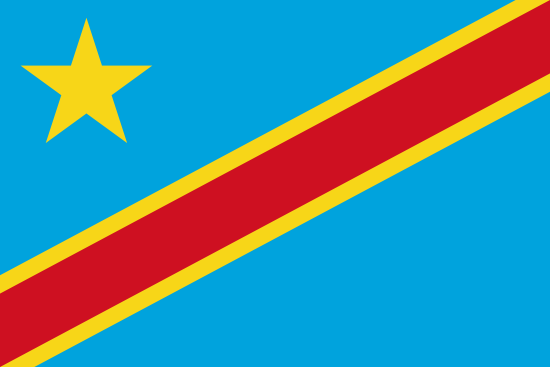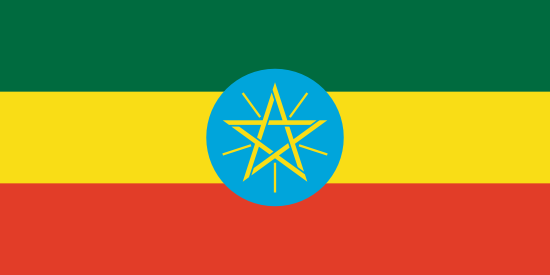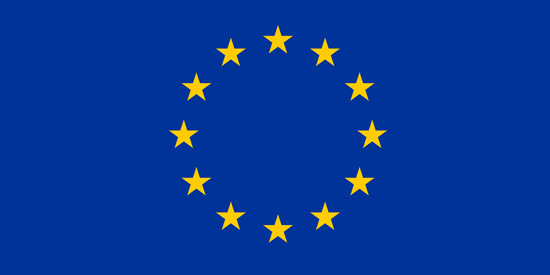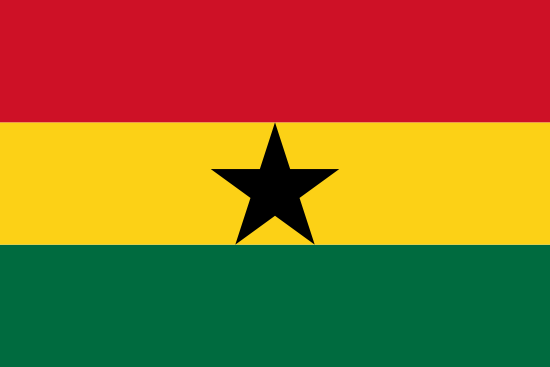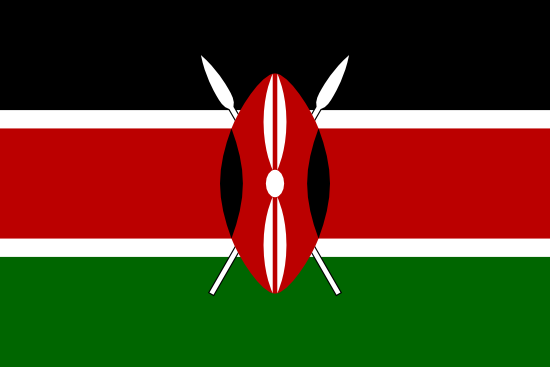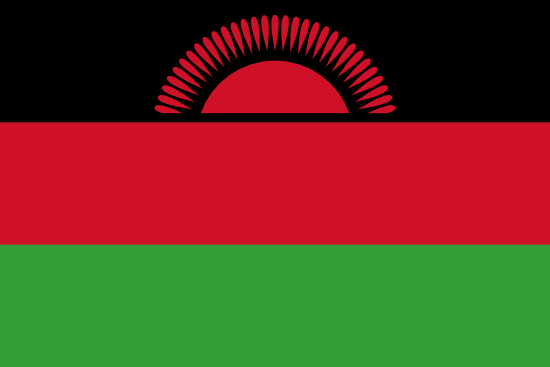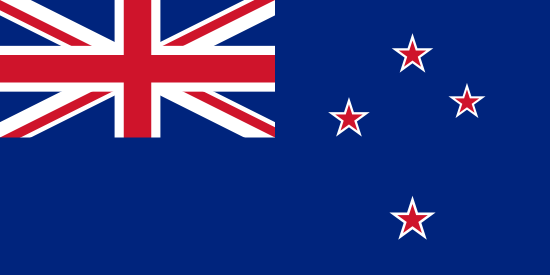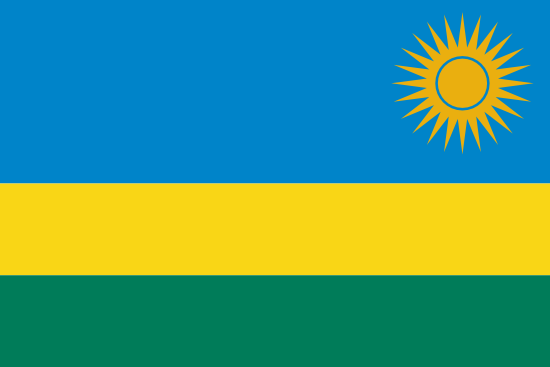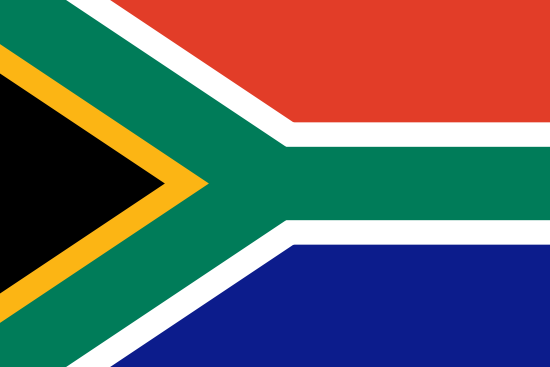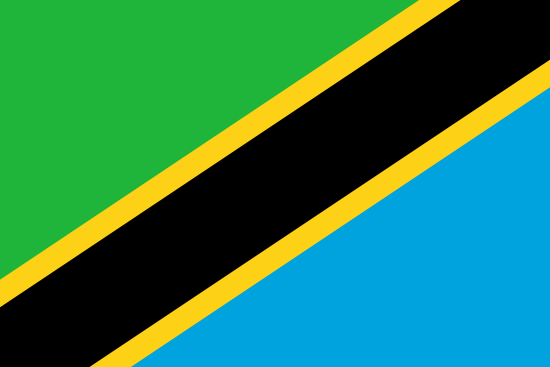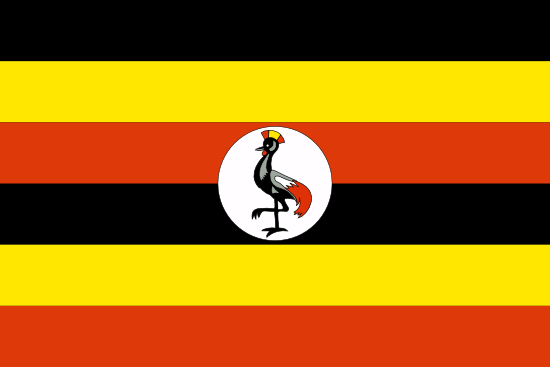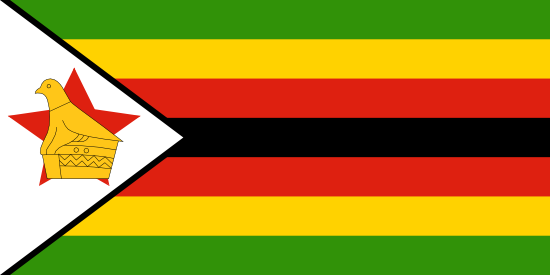Luyanda Zulu
Rejection – I was abandoned at birth. So, I’ve always felt unloved, unworthy and this all led to me trying to fit in for I struggled to be accepted socially. How I dealt with this the current church (Christ Amplified Church) I joined had a real positive impact in helping me to deal with this pain and hurt. They showed me love before they introduced me to this loving God. I then realised that God accepts me and that He loves me before I even loved Him.
Low Self-Esteem – I was verbally and emotionally abused a lot by my guardian and even my school peers .I was very skinny and due to that I would get called funny names such as e.g., matchsticks that effected how I would looked and view myself. It was hard to deal with this even though you train yourself to try and forget it still somehow reminds you especially the pain attached to it. The friends at my church encouraged me and reminded me how God view me as that I am fearfully and wonderfully made.
Expectation – I hope to leave this Foxfire program with full understanding who I am and my calling in the kingdom of God. To acquire leadership skills. To share the good news and keep the banner of evangelism high.
Back to Foxfires Main Page
“Hi my name is Lizzy. I have been positively impacted with the program on major challenges I have had as an individual. My background had hugely weighed me down. I am a firstborn in a family of four. Where the three are my step-siblings. My mother died in child-birth after which my father married another woman.
She has been mistreating me and diminishing me. This affected the aspects of self-esteem and awareness, my self-value and how I viewed the world. I was always this stressed girl and could see nothing fascinating about life. This has now changed for the better me. The frequent visits from the Foxfires Team in our school has played the major role. I was at first timid to approach any of them for help but I am happy I did. One of the ladies from the team has walked with me since then. I have learned that my background does not dictate my future or how I should view things and that all this will end. Furthermore my decision to welcome Christ in my life has had a difference since I can now speak my heart to God. I am forever grateful for the new me that the Foxfires program has curved. God indeed bless you.”
Back to Foxfires Main Page
“My name is Julie Kibie. I am a social worker in Bro.Beausang’ Education Centre. I work to maintain the students well-being, mentally and psychologically for excellence all round. I am grateful for the Foxfires’ team for being a great help in instilling values into the student’s lives. I was greatly impressed by the facilitation the team did on the topic Drugs and Substance Abuse. Some of the students came right ahead for counselling and rehabilitation out of drug effects from the drugs they were intaking. (The likes of Bhang, Tobacco and Khat) They now feel cared for and still treasured that there is someone looking out for them.
The students of such an age succumb to this issue either out of peer pressure or the family backgrounds they come from. It is remarkable to see that the school system and inspirers like the Foxfires can change their lives to a better and an admirable individual in the society. I believe that soon they will change their families. Other ways in which the students have changed is on enhanced communication among the students and to their teachers as well. This has definitely resulted from the students confiding in the Foxfires mostly because they are of more or less in the same age bracket. I highly recommend the Foxfires Youth Team to any institution. They are the change agents we so need for this generation! God bless you!”
Back to Foxfires Main Page
Our global future is nothing like our past. The world is reeling as it wrestles to contain the novel coronavirus pandemic and the economic devastation that lies in its wake. What does this struggle look like for the continent with the world’s highest population growth rate, home to twenty percent of humanity? How will COVID-19 affect the continent where more than half of the world’s extreme poor reside?
Although every nation in Africa now has confirmed cases of the novel coronavirus, it is difficult to assess the current extent of COVID-19 across the continent. 44 African nations are currently able to conduct COVID-19 testing, whereas in February, only two were equipped to do so. However, testing rates are still grossly inadequate in many African nations and, in countries like Nigeria and Somalia, a surge in deaths has been noted despite only a small number of confirmed cases. In Tanzania, the national government is no longer releasing case data, despite the fact that the US Embassy has described a dire situation in which hospitals are overwhelmed and the risk of infection “extremely high”.
Prior to the onset of COVID-19, health systems in Africa were already struggling in the face of inadequate resources. In addition to a heavy burden of diseases such as HIV, TB and malaria, Sub-Saharan Africa has the world’s highest maternal and child mortality rates. Tragically, on account of overwhelmed health systems, the current crisis is likely to lead to a dramatic increase in all-cause mortality. There is some hope that Africa, with its median age of 19.7 years, might escape the COVID-19 death toll seen mostly amongst the elderly in other regions. However, underlying illnesses may predispose many in Africa to more severe COVID disease.
The African region is particularly vulnerable to political instability during this pandemic. Nations that were due for elections during 2020, are now faced with the potential for prolonged tenures or flawed ballots. Governments face mounting pressure from desperate and impoverished citizens. At least 40 African nations have implemented restrictions on movement, and for 20 of these nations, the timespan of these restrictions remains undefined. Slum-dwellers who live in crowded shacks without basic amenities, who derive their income from informal employment, are finding it difficult to heed these restrictions, and there have been reports of human rights violations by the authorities charged to enforce them.
In Africa, where over 400 million people live on less than US $1.90 per day, the economic effects of COVID-19 will be vastly different to those seen in wealthier nations. The United Nations’ World Food Programme has predicted that the number of people worldwide suffering from “acute hunger” may double this year. Most of those people live in Africa.
Worldwide, there is a cry for effective short-term aid to assist Africa during this crisis. A substantial aid injection is not only a moral imperative, but also serves the best interests of our global community. Although the vast sums of money required, will require substantial multilateral and bilateral funding, not-for–profit and faith-based organisations do play a unique role in Africa. These organisations are distinctive in terms of their involvement on grassroots level within communities, and they afford individuals like us the opportunity to contribute to global causes.
Might it be possible that our individualistic worldviews are being challenged by this pandemic that has affected us all? Perhaps, it may revive our sense of shared humanity, and the resolve to offer our unique contributions to a world in need. In the words of Rebecca Solnit,
“the proximity of death in shared calamity makes many people more urgently alive, less attached to the small things in life and more committed to the big ones…”
For those of us who have laid claim to faith, there is no greater cause for which we could live, than the love of Christ, outworked in our love for humanity.


